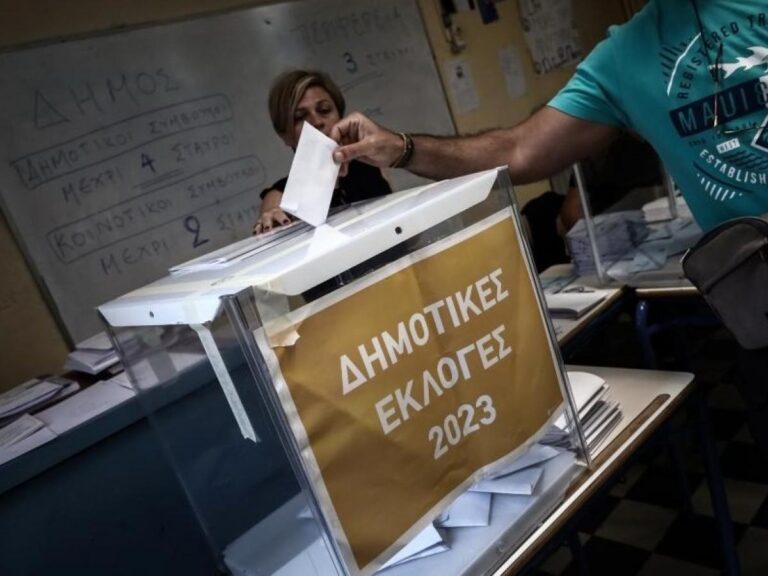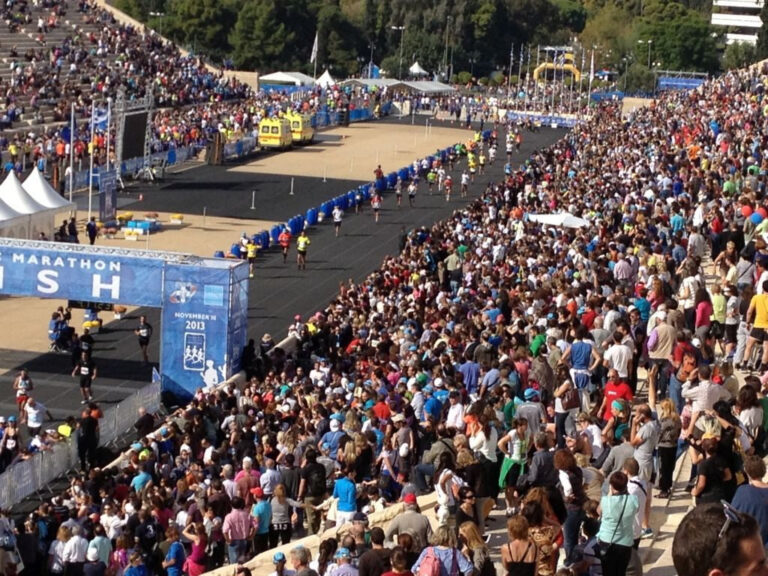The participation rate of the adult population (people aged 25 to 54) in educational activities in Greece was only 4% in 2022, below the EU-27 average (14%), according to data analyzed by the Funcas think tank.
The data also showed that Greece lags far behind fellow Southern European countries – Portugal (16%), Italy (11%) and Spain (18%) – but also France (15%) and Germany (10%). There is no comparison with countries such as Sweden, where it reaches 39%. Adult education is seen as essential as it provides people with a tool against unemployment, adapts work qualifications to the needs of the labor market and promotes growth and personal well-being.
With lifelong learning becoming increasingly important due to the rapid evolution of the global labor market and demographic changes, the European Pillar of Social Rights Action Plan sets a target for 2030 of at least 60% of adults participating in learning activities each year.
However, the latest available data show that the European Union as a whole is far from this target, with significant differences between countries. The highest rates are in Sweden (39%), Denmark (30%), the Netherlands (29%) and Finland (29%). By contrast, in some Eastern European countries, such as Bulgaria, Croatia, Romania, Poland or Hungary, as well as Greece, the rates are below 9%.
Source: Ekhatimerini







